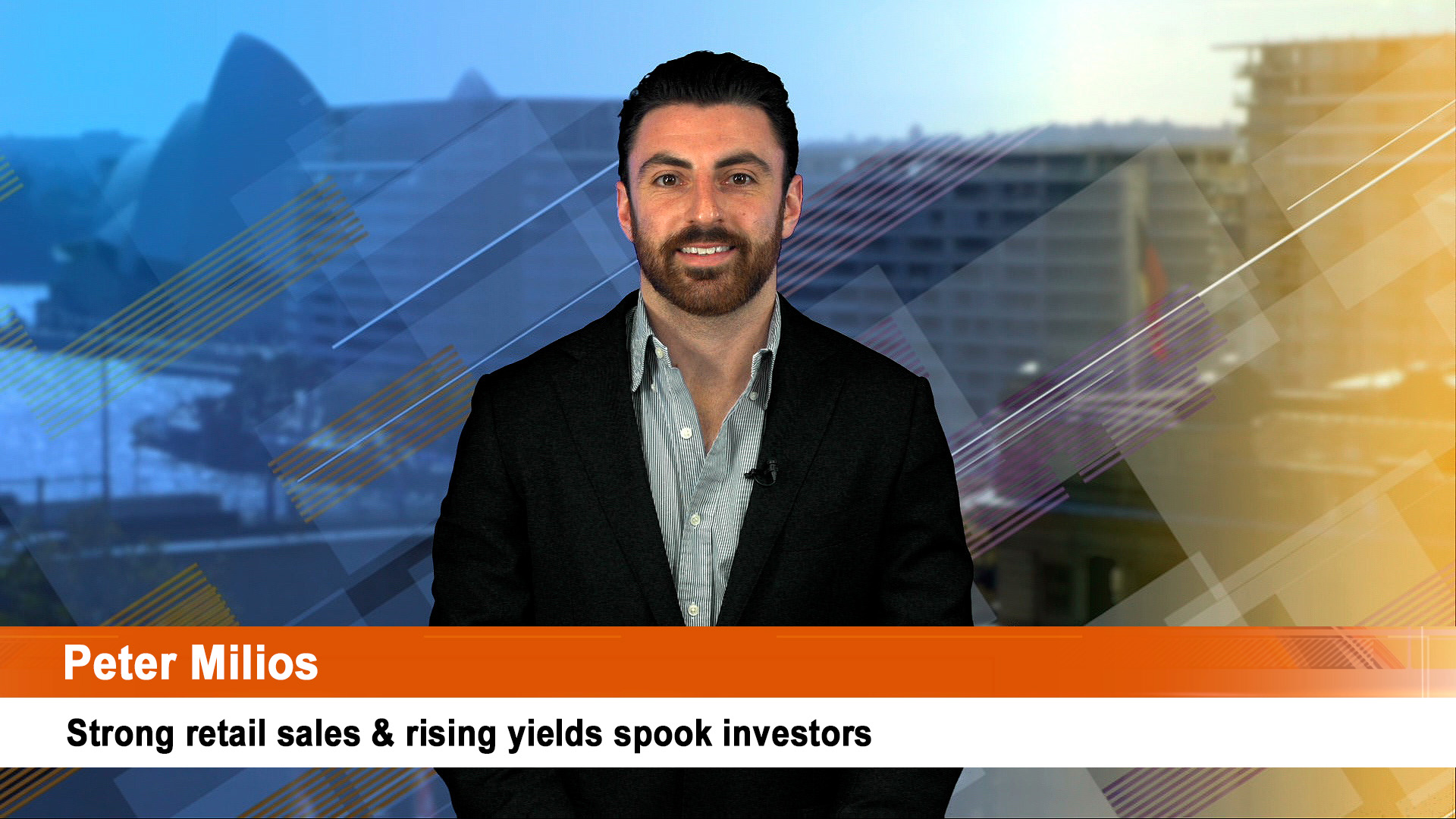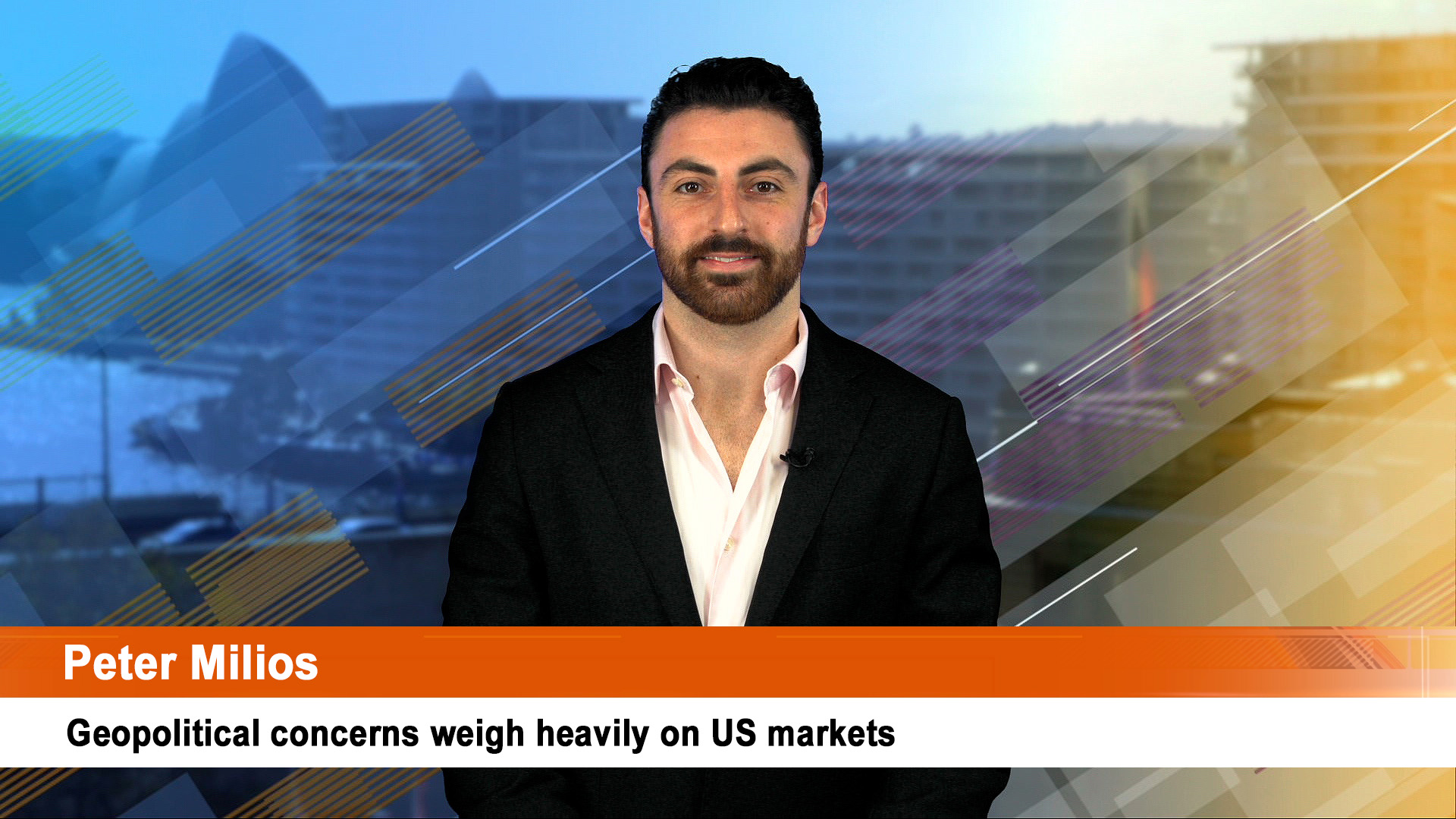Despite the immediate positive response of the US equity market to the September estimate of US employment, we remain cautious with the outlook for equity markets. This cautious view is more focused upon offshore markets and less so for the Australian market which has tumbled back to fair value in the last four weeks. It is sobering to realise that the Australian equity market has fallen dramatically in $US terms, such that a US investor has suffered losses on the Australian index in excess of 12% in a month.
The weakness in the Australian equity market and our currency reflects the headwinds from both declining bulk resource prices and the effects of the sharp downturn in resource capital investment. The weakness in the $A was absolutely essential and it is acting to improve the outlook for the Australian economy. However, it does raise the spectre of inflation in 2015. We believe that Australian interest rates may well be higher in 12 months’ time as the RBA responds to imported inflation and acts in unison with the US Federal Reserve.
In recent times the observation of erratic and volatile market behaviour is one reason why we believe that low value and hence price growth may be a feature of asset markets across the western world for the foreseeable future.
Indeed, we suspect that there is more chance of market corrections, particularly in offshore equity and bond markets, than of sustained price lifts. This is because economic growth remains tepid in spite of extraordinary and relentless economic policy support.
The supportive policies of major offshore central banks continue unabated and now challenge the concept of normality. Indeed, many of the policies debase the logic of economic theory. Consider negative real cash rates, quantitative easing, distressed asset purchases from banks, the unlimited funding of banks, and negative deposit rates for bank reserves. Then ask yourself this simple question: With so much monetary support, why have economies not bounded back into sustained growth?
The poor economic recovery has meant that the fiscal positions of most developed economies are characterised by intransigent and large deficits. Gross government debt continues to grow at a faster rate than most economies. Further, there is no apparent respite in the level of unemployment – except for the US.
So why do we conclude that low asset returns will remain a feature of asset markets for the foreseeable future? The answer lies in the observation of low long-term bond yields and a discernible lack of inflation across Europe, Japan and the US.
Low bond yields are partly the result of quantitative easing, but the market prices of bonds continue to significantly discount the risk of inflation for the foreseeable future. This is important to acknowledge because inflation is a crucial component of the earnings growth of most industrial companies. Population growth, GDP growth, employment growth, credit growth, income distribution and productivity improvements are all supportive of profit growth. However manageable inflation (say, around the 2% level) is a fundamental requirement to accelerate revenue growth and stimulate economic demand. Inflation encourages both investment in working stock and it stimulates consumers to act before prices rise.
Some may suggest that low bond yields should lead to lower required returns or discount rates for the equity asset class and so lower inflation is a positive for asset values. We disagree, for near zero inflation is as unsustainable as hyperinflation. Inflation is good as long as it encourages investment rather than speculation. Today it is low inflation that is encouraging asset speculation and discouraging real investment.
Lower longer term bond yields, sustained over a prolonged period such as now, indicate that actual returns from all investment assets will remain low. In this environment, the only protection for an equity investor is to maintain their valuation discipline and utilise market volatility to purchase with a margin of safety.
Recent history suggests that markets which are tracking sideways will do so with increased volatility. That is how modern markets operate. There is too much short term focused capital that competes for returns. Hyperactivity and boredom result in oscillating prices.
As for the Australian equity market outlook – it appears to us that the recent market correction with the sharply depreciating currency has pushed the market towards fair value. Against this observation, we suspect that there is the potential for weak offshore equity markets in coming months as they reflect stagnating growth. This should create the right environment to deploy capital in the Australian market. However, we should maintain a disciplined eye on offshore opportunities as well.
Therefore we reiterate our earlier message. There is no need to decrease required returns to access desirable investments. Rather, there is a need to remain patient and disciplined in an environment of slow growth and low returns.












